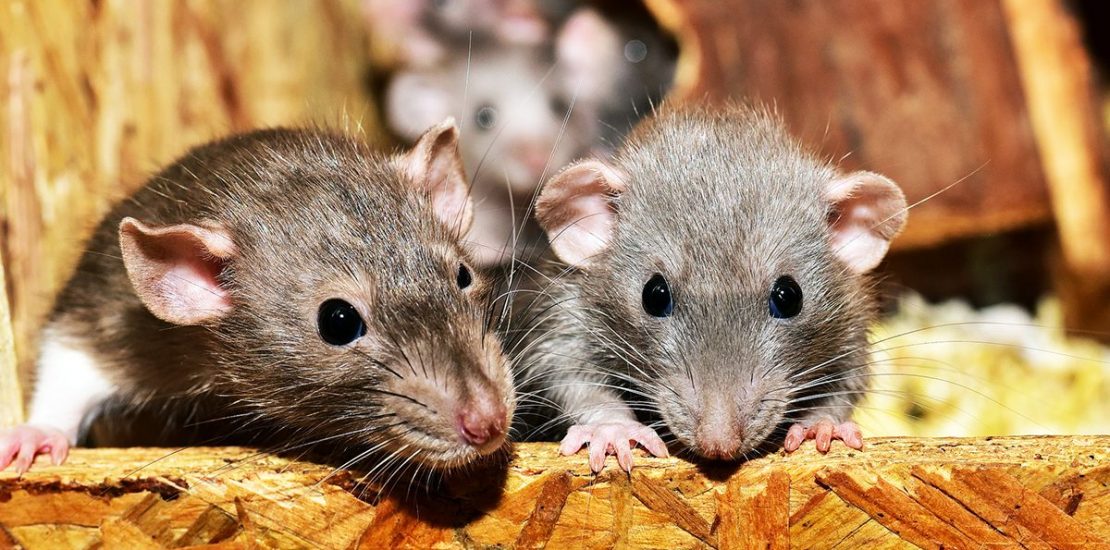The Hidden Dangers: Health Risks of Rodent Infestations
- November 5, 2024
- Posted by: arksidemarketing
- Category: Rodents

Mice and rats are more than just a nuisance in the Inland Empire; their presence in homes and businesses poses significant health risks. Rodent infestations can lead to the spread of various diseases, contaminate food and surfaces, and trigger allergies and asthma. Understanding these dangers is crucial for protecting yourself, your family, and your customers.
Disease Transmission: A Major Concern
Rodents are known carriers of numerous pathogens, including bacteria, viruses, and parasites. These pathogens can be transmitted to humans through several routes:
- Contaminated Food and Water: Rodents often contaminate food and water sources with their urine, feces, and saliva. This can lead to the spread of diseases like salmonellosis (food poisoning), leptospirosis (bacterial infection), and hantavirus pulmonary syndrome (HPS).
- Direct Contact: Handling rodents, their droppings, or nesting materials can also lead to infection. This is particularly relevant for diseases like rat-bite fever and tularemia.
- Airborne Transmission: Dust contaminated with rodent excrement can become airborne, allowing pathogens to be inhaled. This is the primary mode of transmission for hantavirus.
- Vector Transmission: Rodents can also carry fleas, ticks, and mites, which can transmit diseases like Lyme disease, murine typhus, and rickettsialpox.
Specific Health Risks
Here are some of the key health risks associated with rodent infestations:
- Hantavirus Pulmonary Syndrome (HPS): This severe respiratory illness is caused by hantaviruses, which are found in rodent urine, droppings, and saliva. Inhalation of contaminated dust is the primary mode of transmission. HPS can cause flu-like symptoms initially, progressing to severe respiratory distress and potentially death.
- Leptospirosis: This bacterial infection is spread through contact with water or soil contaminated with rodent urine. Symptoms can range from mild flu-like illness to severe kidney and liver damage.
- Salmonellosis: This common bacterial infection causes gastrointestinal distress, including diarrhea, vomiting, and fever. It’s often contracted through consuming food contaminated with rodent feces.
- Rat-Bite Fever: This bacterial infection can be transmitted through bites or scratches from infected rats or through consuming food or water contaminated with rodent excrement. Symptoms include fever, rash, muscle pain, and joint pain.
- Lymphocytic Choriomeningitis (LCM): This viral infection is carried by house mice and can be transmitted through contact with their urine, droppings, saliva, or nesting materials. LCM can cause flu-like symptoms, neurological complications, and even meningitis.
- Plague: While less common in modern times, rodents can carry fleas that transmit the bacteria responsible for plague.
- Allergies and Asthma: Rodent droppings, urine, and shed fur contain allergens that can trigger allergic reactions and asthma attacks in susceptible individuals. This can lead to respiratory problems, skin rashes, and eye irritation.
Risks of Rodent Infestation in Businesses
For businesses, especially those in the food service industry, rodent infestations can have devastating consequences. Contamination of food products can lead to product recalls, fines, and damage to reputation. Rodent droppings and gnaw marks on packaging can deter customers and lead to loss of business.
Prevention and Control:
The best way to mitigate these health risks is to prevent rodent infestations in the first place. Here are some key prevention strategies:
- Seal Entry Points: Seal any cracks, gaps, or holes in foundations, walls, windows, and doors.
- Maintain Cleanliness: Keep food preparation areas clean, store food in airtight containers, and dispose of garbage regularly.
- Proper Food Storage: Store pet food and other potential food sources in sealed containers.
- Landscaping Practices: Keep vegetation trimmed away from buildings and remove debris that could provide harborage for rodents.
- Professional Pest Control: If you suspect a rodent infestation, it’s crucial to contact a qualified pest control professional. They can assess the situation, identify the rodent species, and implement effective control measures.
Protecting Your Health:
Rodent infestations pose serious health risks that should not be ignored. By understanding these dangers and taking proactive prevention measures, you can protect yourself, your family, and your business from the potential consequences of rodent-borne diseases. Call Craig & Sons to schedule a free inspection of your home or office. Early intervention is key to preventing serious health issues.
